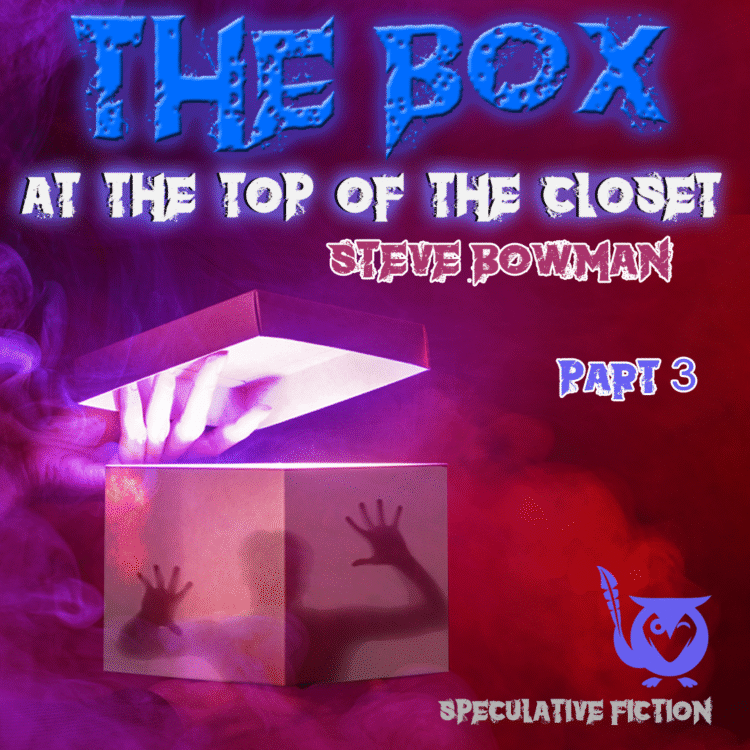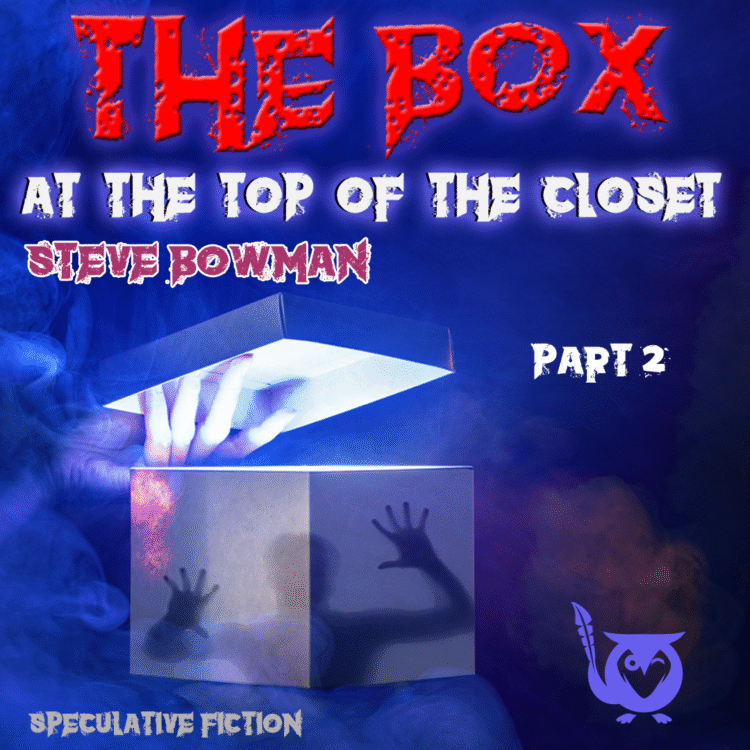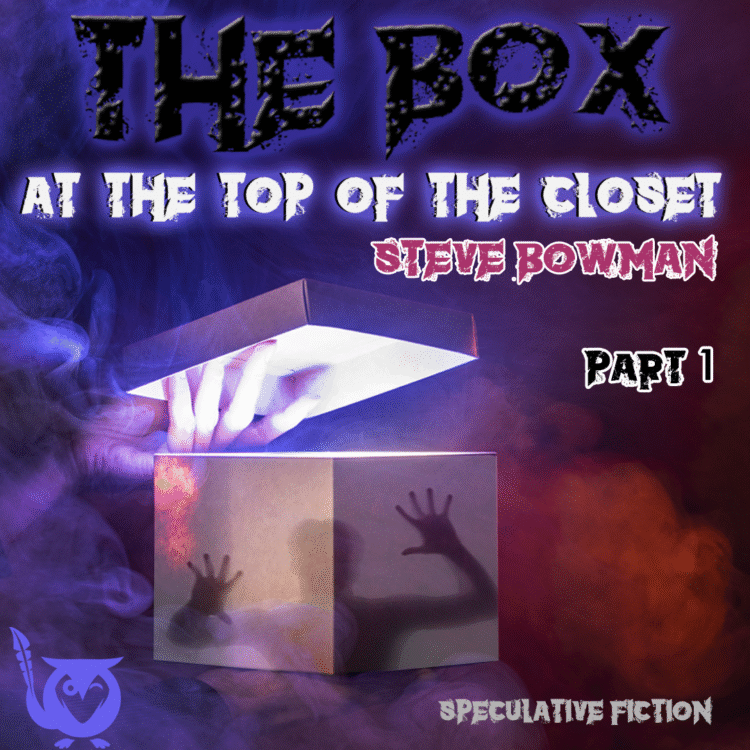The Mouse is Toast, a Mid-century Tale

Image by ok_milka from Unsplash
“Goodbye,” my mother said as she left with my father, Aunt Jo, and Uncle Al. She wagged her finger at me. “Be sure you mind Fred. He’s in charge.”
Emptiness filled my chest as the door shut and they departed. I bit my lip, then straightened and squared my shoulders. After all, I knew Fred would take care of me. He was eleven, four years older than me, and I trusted his judgement and respected his maturity. Besides, he had neat stuff to play with, and he always came up with fun ideas.
And Fred taught me a lot, like “vocabulary enhancement”, as he called it. At home, I opened the front door, leaned out, and shouted those enhanced words at my friends.
Dad called them colorful expressions, to be used only sparingly so I didn’t wear them out. Mom said if she heard me say them again, she’d wash my mouth out with soap. I never told her where I learned them.
“Want to see my trains?” Fred asked. I forgot the door and the emptiness as he led me upstairs to the playroom. We watched and laughed as the locomotive dragged five box cars and a caboose around and around. But after a while I yawned and looked away.
“Can I see your models?” I asked. Fred had a collection of plastic ships, battleships, LSTs, and aircraft carriers — a whole navy that he’d put together with glue.
He guided me to his room where the vessels sat, arranged with care on a shelf so every ship had its own stand. Then he grinned. “Follow me, I have an idea,” he said. My heart skipped a beat, and I grinned too, though I wondered what he had in mind.
We gathered the armada, and I followed him into the bathroom. We filled the bathtub with water and set the fleet afloat. I began making war noises and pretend explosions as a fever-pitched battle raged into my imagination. Planes took off from the aircraft carriers, and captains shouted orders as the ships jockeyed for positions.
Then Fred raised his head and pointed at the medicine cabinet above the wash basin. A glint appeared in his eye.
“We can make this even better.”
He took Uncle Al’s aftershave from the cabinet, poured it over the flotilla, and fetched some matches. A thrilling shiver ran through me as he lit them and tossed them into the air. They fell onto the models like tiny rockets and bombs bursting all over the place.
Wow!
Then, the aftershave caught fire, and our sea blazed up. A harsh, acrid odor filled the room in an instant, making my nose sting. The stench of burning plastic was everywhere.
A dense, dark cloud of greasy ash rose from the surface of the water as the ships began to sink. My eyes followed the smoke up and found that the soot had already covered the ceiling — white had turned black.
“Fred, look up,” I said.
Fred’s jaw dropped. “Uh, oh,” he said, and jumped into action. He yanked up the bathroom window and threw the smoking hulks out into the yard. My eyes grew wide: Did nothing scare him? He hadn’t even gotten burned!
“I think we’d better clean the ceiling and get this smell out of the house before the parents get back,” Fred said as he continued to survey the ceiling. He scratched his chin, deep in thought. Then he pulled the plug from the tub, and I watched the water disappear. A stark, black, ugly ring against the white porcelain remained. But Fred stayed cool — so I tried to, too.
We ran to the narrow strip of grass beneath the bathroom window and stomped out the still-glowing embers of plastic. With the fire out, we buried the evidence in the dirt and returned to the crime scene, throwing open as many windows as we could along the way, and trying not to choke on the fumes.
Fred gave me a rag and soap and set me to scrubbing the bathtub. Meanwhile, he took a wiffle ball bat, wrapped a piece of towel on the end, and balanced himself on the tub’s edge to reach the ceiling.
After half an hour of arduous cleaning, we sat back, rested our tired arms and backs, and assessed our progress. I had removed enough of the soot from the tub that I didn’t think Aunt Jo would notice, but the ceiling remained streaked with a few gray and black lines. I figured we’d be safe if she didn’t look up.
Fred stepped back, hands on his hips, surveying our work. After a moment, he nodded. “Okay, Cuz, I believe we’ve dodged a bullet.”
A chilly draft washed over me. The house suddenly felt frozen with all the windows open, so we closed them. I couldn’t tell whether the stench of burning plastic had dissipated, or if I had just gotten used to it, but in any event, I couldn’t smell anything.
“I think we deserve a snack,” Fred declared as we carried our dirty rags to the outdoor trash can. “Would you like some chips?”
My stomach rumbled. “Sure. What kind do you have?”
“I don’t know. We’ll see.”
As we entered the kitchen, out of the corner of my eye, I saw something move.
“Fred,” I whispered, “there’s a mouse.” I pointed at a cupboard near the fridge.
“Oh, boy!” Fred whispered back, rubbing his hands together. “Mom thought we’d gotten rid of the mice!”
The hunt was on. Fred dressed me in an army helmet, gave me gloves, and handed me a mop. He donned a football helmet and armed himself with a broom. We closed doors and shoved dish towels under them, eliminating all routes for escape.
Then with silent, shuffling steps on the linoleum, we approached the area where I’d last seen the rodent. We took great care poking under and behind the cabinet and refrigerator, but we jumped at every tiny noise and movement. Would the mouse attack us?
The mouse made a sudden dash in front of us. Broom and mop resounded off the floor, fore and aft of the scurrying prey, just missing the mark.
The creature jumped onto a chair, then the table. Mop and broom wailed away. Chairs toppled. A basket flew in the air, sending napkins everywhere. A wayward swat at the vermin caught a bowl that crashed to the floor. Glass shards spread in its wake, but that didn’t stop the mad chase.
The mouse leaped to the countertop and stopped, quaking. Fred lowered his broom, aiming with care. I held my mop still, muscles tensed, prepared to strike. The tiny, pointed face darted back and forth from Fred to me, and the whiskers trembled. Had we finally trapped it? No way, the critter sprung to the toaster and slipped down the one-slice opening.
Thinking quickly, Fred grabbed a lid from a pot and slammed it on top of the toaster, barring our quarry’s escape. We paused and took a few deep breaths.
I looked at Fred, gave him a thumbs-up, and puffed out my chest. Fred wore a devilish grin. I knitted my brow. What did he have in mind?
“Well,” Fred asked. “Shall we toast it?” A Cheshire Cat-like smile spread across his face.
Before I could answer, Fred pressed the lever down. “Toasted mouse!” he cried.
I pushed past Fred, unplugged the toaster, ran with it to the back door, removed the lid, and let the little guy escape. It scampered into the grass and disappeared in a heartbeat. I sank down onto the porch steps and let out a long sigh.
When I returned to the kitchen, Fred was sweeping the remains of the glass bowl into a pile. I returned the toaster to the counter, then stood the chairs back up and placed them around the table. We picked up the napkins and the basket, took off our armor, sat down at the table, and ate some chips. I was glad Fred wasn’t angry with me. I imagined the mouse was grateful.
It wasn’t long before the parents came home. We presented ourselves to them at the front door, standing at attention like good soldiers — so innocent, a couple of cherubs.
As Aunt Jo walked past us into the living room, she turned pale. “What do I smell?”
Then she screamed, “Is something on fire?” She ran upstairs, following the scent into the bathroom. There was a moment of terrible silence. Then—
“Fred, get up here this minute!”
Okay, I thought as Fred blanched and hurried toward the stairs, Fred will have to tell her about the sea battle, but will he tell her about the toaster?
Interested in more entertaining stories like this? Try these next:
- The Shop at the End of the Island — Flash Fiction
- Hanson Opperknockity — Humor Fiction
- I Am Poetry — A Poem of Being
- My Jodie Angel — Animal Nonfiction

Peter J. Barbour
Pete Barbour has been writing stories for over 30 years. He published a memoir, Loose Ends, in 1987, followed by a series of short stories. He is a retired physician and now full-time author and illustrator. His stories have appeared in many e-zines and publications. Barbour is a member of Bethlehem Writers Group and the Society of Children’s Book Writers and Illustrators. He has written and illustrated three children’s books. “Tanya and the Baby Elephant,” appeared, 2021. Barbour lives with his wife in the Pacific Northwest.
Find more on Peter’s website.




